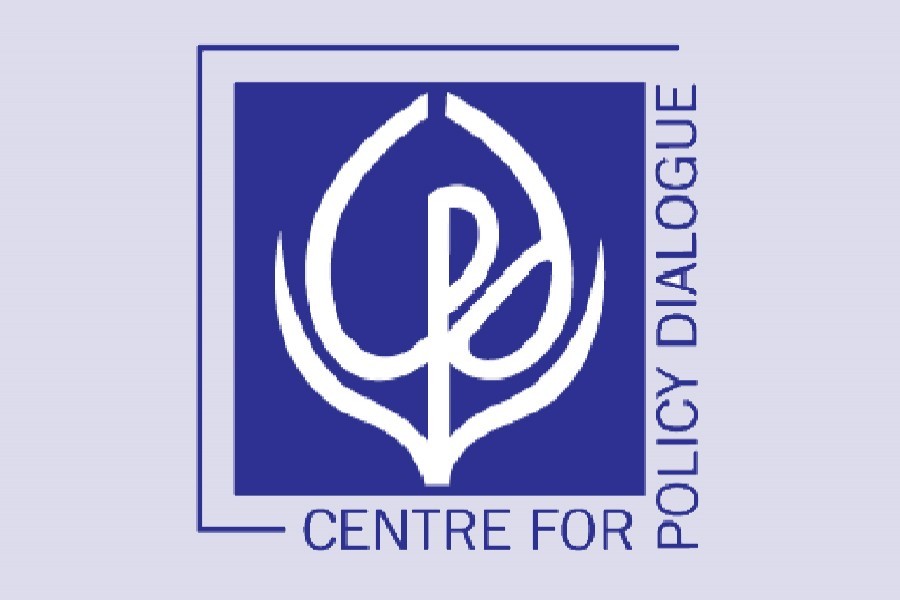Increased budgetary allocations will be required to address the challenges of coronavirus epidemic, including distribution of medicines, improving health services and medical equipment, a think-tank said on Saturday.
The Centre for Policy Dialogue (CPD) said prudent reallocation and prioritisation of public expenditure and renewed efforts to mobilise domestic resources by curbing tax evasion and illicit financial flow could be the ways to tackle the unforeseen crisis.
The centre said the money can be injected by lowering policy rates and buying treasury bills from banks.
The recommendations came in its analysis on the state of the Bangladesh economy, especially in the context of the prevailing situation. It was a virtual briefing streamed from its office.
Dr Fahmida Khatun, executive director of the CPD, read out the findings of the analysis.
The government needs to make an early assessment of the immediate, short and medium-term impacst on different economic activities, it said.
The CPD said the major focus of the government initiatives should be easing the disruptions caused to the supply chain while ensuring smooth operations both within and outside Bangladesh in the coming days.
It urged the government to provide fiscal support to entrepreneurs to keep the production running and pay the wages of workers.
It also called for creating a fund for providing working capital, which would be given to targeted business people who are in genuine need.
For the working people, the CPD suggested introducing open market sale, or OMS, in major industrial clusters, which may be imperative if the situation worsens.
The CPD also suggested special lending rate for small and medium enterprises, or SMEs, which were suffering from the working capital shortage due to supply disruption.
They may benefit from the lending facility, particularly for wage payment, Dr Khatun said in her presentation.
Beyond the 9.0 per cent lending rate, the think tank suggested a 5.0 per cent lending rate for SMEs.
The paper said higher demand for cash incentives in the wake of COVID-19 may put additional pressure on the budget.
Flexibility in the next budget (for FY2021) needs to be considered to cope with the potential impact of COVID-19, it said.
In her presentation, Dr Khatun noted poor budgetary allocation (0.9 per cent of GDP) for healthcare sector has been a longstanding problem for Bangladesh.
"Government budget for health is considerably lower than the targets stipulated in the Seventh Five Year Plan and the World Health Organization's benchmark of 5.0 per cent of GDP," she said. The medium-term plan's health budget was 1.12 per cent of GDP. Dr Khatun said only 50 per cent of the healthcare facilities in Bangladesh have emergency transports and about 22 per cent alcohol-based disinfectant facility.
"These services are significantly inadequate to tackle a national crisis such as COVID-19," she said.
She predicted if the current trend continues, total revenue shortfall in FY 2020 might reach Tk 1.0 trillion as the fallout of outbreak.
The readymade garment, leather, and tourism sectors are likely to feel the heat of the virus crisis. "The government should consider some temporary incentive package for the sectors," said Dr Khatun.
Professor Mustafizur Rahman, distinguished fellow, Dr Khondaker Golam Moazzem, research director and Towfiqul Islam Khan, senior research fellow of the CPD were also present at the media briefing.


